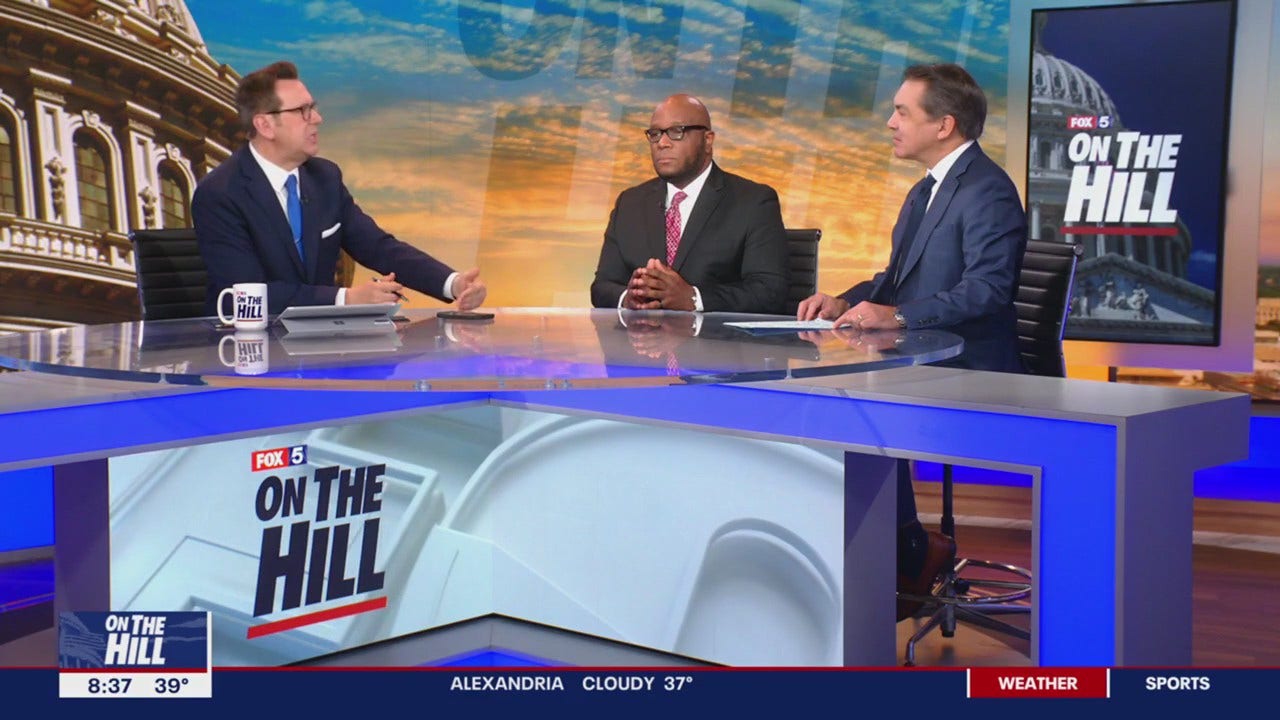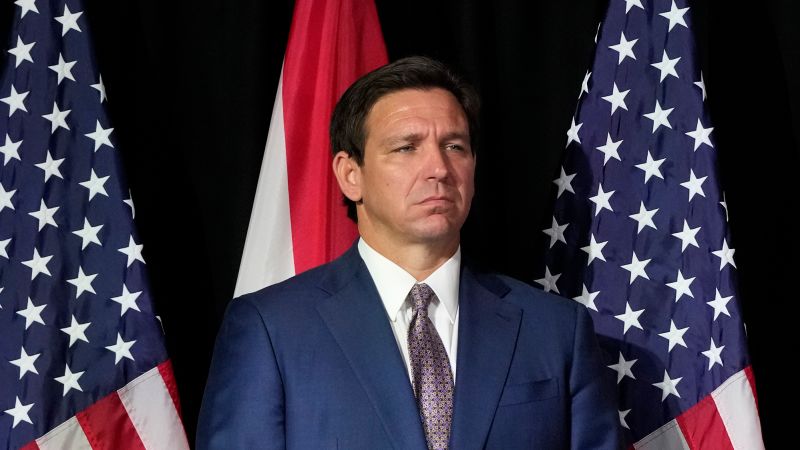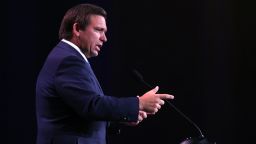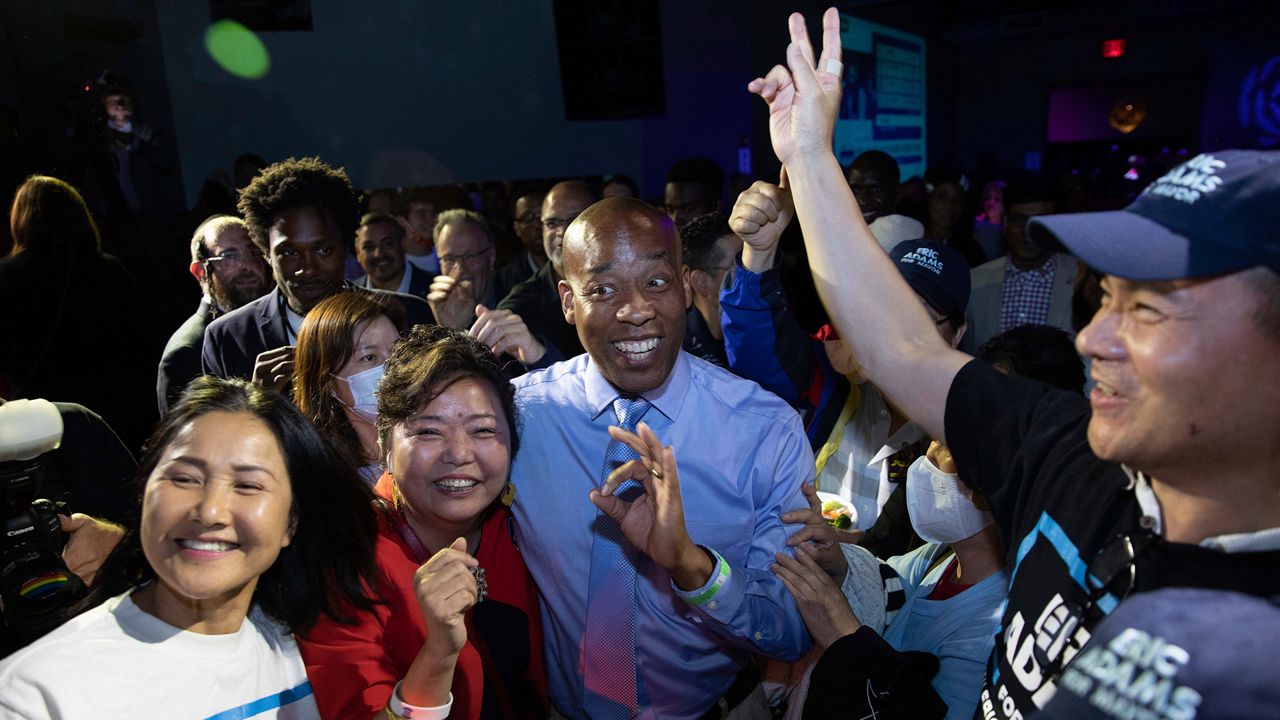In 2013, the House of Representatives had a single Indian American member. Fewer than 10 Indian Americans were serving in state legislatures. None had been elected to the Senate. None had run for president. Despite being one of the largest immigrant groups in the United States, Americans of Indian descent were barely represented in politics.
Ten years later, the Congress sworn in last month includes five Indian Americans. Nearly 50 are in state legislatures. The vice president is Indian American. Nikki Haley’s campaign announcement this month makes 2024 the third consecutive cycle in which an Indian American has run for president, and Vivek Ramaswamy’s newly announced candidacy makes it the first cycle with two.
In parts of the government, “we’ve gone literally from having no one to getting close to parity,” said Neil Makhija, the executive director of Impact, an Indian American advocacy group.
Most Indian American voters are Democrats, and it is an open question how much of their support Ms. Haley might muster. In the past, when Indian Americans have run as Republicans, they have rarely talked much about their family histories, but Ms. Haley is emphasizing her background.
Activists, analysts and current and former elected officials, including four of the five Indian Americans in Congress, described an array of forces that have bolstered the political influence of Indian Americans.

Indians did not begin moving to the United States in large numbers until after a landmark 1965 immigration law. But a range of factors, such as the relative wealth of Indian immigrants and high education levels, have propelled a rapid political ascent for the second and third generations.
Advocacy groups — including Impact and the AAPI Victory Fund — have mobilized to recruit and support them, and to direct politicians’ attention to the electoral heft of Indian Americans, whose populations in states including Georgia, Pennsylvania and Texas are large enough to help sway local, state and federal races.
“It’s really all working in tandem,” said Raj Goyle, a former state lawmaker in Kansas who co-founded Impact. “There’s a natural trend, society is more accepting, and there is deliberate political strategy to make it happen.”
When Mr. Goyle ran for the Kansas House in 2006 as a Democrat against a Republican incumbent, he was told that the incumbent’s reaction to learning she had a challenger had been, “Who is Rod Doyle?”
“It was inconceivable that someone named Raj Goyle — let alone Rajeev Goyle — would run for office in Wichita,” he said. Today, “the average voter’s a lot more familiar with an Indian American face on TV, in their examining room, in their classroom, at their university, leading their company.”
In retrospect, the watershed appears to have been 2016, just after then-Gov. Bobby Jindal of Louisiana became the first Indian American to run for president.
That was also the year Representatives Pramila Jayapal of Washington, Ro Khanna of California and Raja Krishnamoorthi of Illinois were elected, bringing the number of Indian Americans in the House from one — Representative Ami Bera of California, elected in 2012 — to four. It was also the year Kamala Harris became the first Indian American elected to the Senate.
Since then, the number in state legislatures has more than tripled. This January, the four House members — who call themselves the Samosa Caucus — were joined by Representative Shri Thanedar of Michigan.
Political scientists have long found that representation begets representation, and that appears to have been true here.
“Within the Indian American community, political involvement wasn’t really a high priority, because I think people were much more focused on establishing themselves economically and supporting their community endeavors,” said Mr. Krishnamoorthi, the Illinois congressman. “I think that once they started seeing people like us getting elected and seeing why it mattered, then political involvement became a part of their civic hygiene.”
Notably, the increase in Indian American representation is not centered on districts where Indian Americans are a majority. Ms. Jayapal represents a Seattle-based district that is mostly white. Mr. Thanedar represents a district in and around Detroit, a majority-Black city, and defeated eight Black candidates in a Democratic primary last year.
“This is quite a different kind of phenomenon than what we often are seeing from Latino and Black representation,” said Sara Sadhwani, an assistant professor of politics at Pomona College in Southern California and a senior researcher at AAPI Data, a group that provides information about Asian Americans. “It means they’re pulling a coalition of support behind them.”
She and Karthick Ramakrishnan, a professor of public policy at the University of California, Riverside, and the founder of AAPI Data, pointed to characteristics of Indian American communities that may have eased their movement into politics.
Immigrants from India are often highly educated and, because of the legacy of British colonization, often speak English, “which lowers barriers to civic engagement,” Professor Ramakrishnan said.
India is also a democracy, which Professor Ramakrishnan’s research has shown means Indian Americans are more likely to engage in the American democratic system than immigrants from autocratic countries.
By and large, Indian Americans have been elected on the Democratic side of the aisle. All five Indian Americans in Congress, and almost all state legislators, are Democrats. Ms. Haley’s candidacy could be a case study in whether an embrace of Indian immigrant heritage can resonate among Republicans, too.
Before Ms. Haley, the most prominent Indian American to seek office as a Republican was Mr. Jindal, who made a point of discussing his background as little as possible during his presidential run.
“My dad and mom told my brother and me that we came to America to be Americans, not Indian Americans,” Mr. Jindal said in a speech in 2015.
Mr. Ramaswamy, a multimillionaire entrepreneur, author and “anti-woke" activist, has taken a similar tack so far, but Ms. Haley has not. Since her time as governor of South Carolina, she has repeatedly invoked her life experience as the daughter of a man who wore a turban and a woman who wore a sari. In the first line of her campaign announcement video, over images of her hometown, Bamberg, S.C., she told voters: “The railroad tracks divided the town by race. I was the proud daughter of Indian immigrants. Not Black, not white. I was different.”
Mr. Bera, the California congressman, called that “smart politics,” saying Ms. Haley seemed to be tapping into a desire for upward mobility among immigrant communities.
It’s an approach Democrats have taken for some time.
“I ran as an immigrant, South Asian American woman,” Ms. Jayapal said of her first campaign. “I really ran on my story, I ran on my experience, and even though I represent a district that is largely white, I think that that story is a big part of the reason that people elected me.”
But whether Republican voters are interested is an open question, given the party’s criticism of discussions of race and ethnicity as “identity politics.”
Vikram Mansharamani, a New Hampshire Republican who ran for Senate last year and recently hosted an event for Ms. Haley, said that Ms. Haley’s life story — being a child of working-class immigrants whose parents could never have imagined her success — reminded him of his own, and that this drew him to her. But he didn’t see representation as a goal to strive for.
“Insofar as identity impacts experience, it’s relevant, but I would never lead with identity,” he said.
Harmeet Dhillon, a former co-chair of the election-denying group Lawyers for Trump and a Republican National Committee member who recently lost a bruising battle to lead the committee, emphasized that Ms. Haley would be running on her track record as a popular governor of her home state and member of the Trump administration. “I think most Republican voters are not motivated by race or gender,” she said. Although Ms. Dhillon and her parents immigrated from India, she said she did not identify as Indian American.
Indian American voters are overwhelmingly Democratic: 74 percent voted for Joseph R. Biden Jr. in the 2020 presidential race, more than voters of other Asian backgrounds, according to a survey by AAPI Data, APIAVote and Asian Americans Advancing Justice. In primaries, that means fewer Indian American voters for Republicans to draw on. In general elections, it makes it harder for Republicans to tap into a base excited to promote its own representation.
In a 2020 study, nearly 60 percent of Indian Americans did say they would be open to voting for an Indian American candidate “regardless of their party affiliation.”
“Indian Americans really want to see more Indian Americans elected to office, and in the survey that we conducted, that was true even if it meant someone from another party,” said Professor Sadhwani, one of the 2020 study’s authors. “My sense is that there will be a lot of excitement amongst Indian Americans to see Nikki Haley stepping into this role.”
But that willingness is not absolute — particularly if, to compete with former President Donald J. Trump and Gov. Ron DeSantis of Florida, Ms. Haley adopts more of their anti-immigration rhetoric.
Experts and politicians said support for an easier immigration process, and opposition to nativism and xenophobia, were major factors in Indian Americans’ political preferences. Mr. Makhija said climate change and other scientific issues resonated, too.
Raman Dhillon, chief executive of the North American Punjabi Trucking Association, said his interest in Ms. Haley had been piqued by the fact that her family is from the same city he is, in the northern Indian state of Punjab, where a significant portion of truckers in Canada and the United States trace their roots.
But he had more important questions for politicians than ones about shared heritage: How will the government address a shortage of big-rig parking along Highway 99, a main artery through California’s agricultural heartland? What policies will improve driver retention?
Ironically, the very increase in representation that Ms. Haley is part of could make her ethnicity less compelling to voters not convinced by her policies.
“I do think that the more we have diversity, the more the actual ideological views will be paramount,” Ms. Jayapal said. “Once we’re not sort of wowed by the fact that there’s an Indian American woman running for whatever office it is, I think we’ll be able to focus more on the actual ideas. And that should be the way it is.”
"politic" - Google News
February 27, 2023 at 03:00PM
https://ift.tt/I8LiSbz
Indian Americans Rapidly Climbing Political Ranks - The New York Times
"politic" - Google News
https://ift.tt/hBdDMfj
https://ift.tt/GdAHmOP








/cloudfront-us-east-1.images.arcpublishing.com/bostonglobe/VNG7YMZTRWJ5WBFTJ5NVETPCQI.jpg)